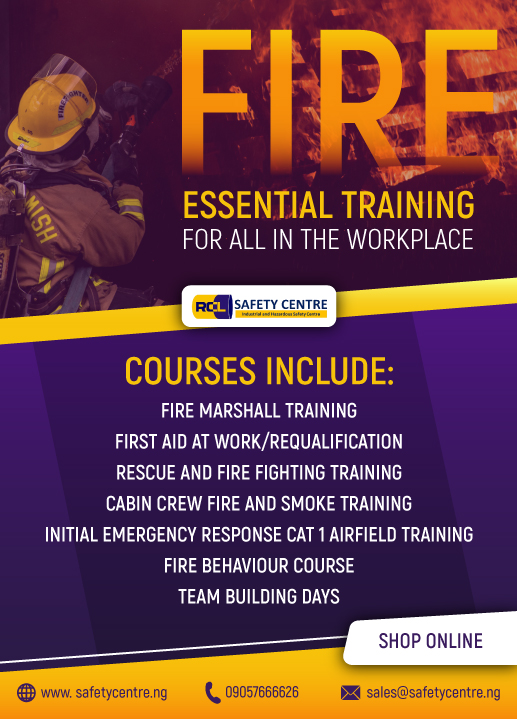
Burns are a very common injury in today’s workplaces. Your facility or jobsite, as well as the equipment in it, needs to have the necessary warnings in place so that workers are informed about common burn types and how to avoid them. These can include thermal burns, chemical burns, electrical burns, and sun exposure burns. Raising awareness of burn hazards and prevention steps can lessen the risk of workplace burns. For example, to avoid burns from electrical sources, machinery should be clearly marked with warnings about hot surfaces or high-voltage areas; the risk of exposure to contact with flames or chemicals can be reduced by ensuring that safety signs refer to proper company procedures and PPE requirements. Burn injuries are common both at home and in the workplace. The American Burn Association states that there are over 40,000 hospitalizations each year due to burns. There are a few different types of burn injuries.
Types of Burns
Thermal- Thermal burns are what most people think of first when burns are mentioned. These burns occur due to contact with a hot surface, fire, hot liquids, or an explosion. Sunburn could be considered a separate type of burn, but we will consider it a thermal burn as well.

Chemical- Chemical burns result from skin or eye contact with a strong acid, corrosive, caustic, or alkaloid. Many of the chemicals used in different processes at many job sites can result in a chemical burn injury. Some common household products can also produce severe chemical burns if not handled correctly.
Electrical burns- Electrical burns occur where an electrical current has passed through the body. When the current travels through the body, the tissue gives it resistance which results in burns. These burns can be both inside and outside of the body. Usually, where the burns are on the outside of the body will tell where the electrical current entered and exited the body.

Burn Prevention
Thermal- The best way to reduce your chances of suffering from a thermal burn is to eliminate the source of the heat if possible. If there are pipes or other objects that heat up to dangerous temperatures, then it is important to place guards or barriers on them to protect individuals from being burned. The last line of defense would be to use proper PPE that will protect you from being burned by a hot object or material.
Chemical- Eliminate the use of dangerous chemicals whenever possible. Substitute a chemical that burns the skin quickly with one that does not burn as easily. Block areas or processes that have the chance to expose individuals to hazardous chemicals. Have emergency showers or eyewash stations available for immediate use if exposed to a chemical.
Electrical- Safe work practices need to be followed to work safely around electricity. Locate and stay away from both underground and overhead powerlines. Inspect all tools for defects in insulation as well as missing ground prongs. Properly repair or discard any compromised cords. Do not operate electrical tools in moist or wet environments. Always properly lock and tag out equipment before performing your work on them. Try to turn the equipment on to ensure no power is still being given to it. The last line of defense is to wear PPE that protects you from electrical current.
Know the sources of burns both at work and at home. Eliminate as many sources as possible before turning to engineering control or PPE to protect yourself from these hazards. Always take the necessary time to mitigate burn hazards on the job.
At RCL Safety Centre this training is also available in different Nigerian languages like PIDGIN,YORUBA,HAUSA AND IGBO
Our company (RCL Safety Centre) is an indigenous company dedicated to Health, Safety and Environment Training and Services.
We are technical partners of the National Industrial Safety Council of Nigeria (NISCN) as well as approved training partners of most major International Occupational Safety and Health organizations like NEBOSH, and corporate members of ISPON (Institute of Safety Professionals of Nigeria) with thousands of personnel trained in various areas till date.
For more information visit our website: www.safetycentre.ng
Email: sale@safetycentre.ng or mma@safetycentre.ng
Contact us on: 08099700070, 09057666623 or 08164363532
